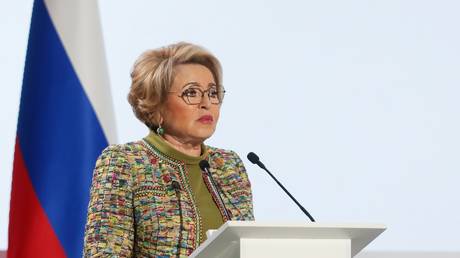The 1970s in China remain a surprisingly obscured decade, caught between the fading echoes of revolutionary fervor and the dawn of the economic reforms that would reshape the nation. This period, often overshadowed by the preceding Cultural Revolution and the subsequent boom of the 1980s, was a pivotal moment of profound, grassroots change.
A new examination of this era, detailed in the work of historians Odd Arne Westad and Chen Jian, challenges the conventional narrative of top-down transformation. Their research, built on extensive interviews, reveals that the seeds of China’s future were sown not by central directives, but by the actions of ordinary citizens striving for a better life.
The Cultural Revolution’s most intense phase had subsided by the late 1960s, yet its official prolongation until 1976 served a specific political purpose. The leaders who consolidated power after Mao’s death sought to portray themselves as the architects of dramatic change, obscuring the fact that much of the impetus for reform originated from the ground up.

Across the country, particularly in coastal provinces like Zhejiang, Jiangsu, and Fujian, small-scale enterprises began to emerge within people’s communes. These collectives, operating outside the rigid confines of the planned economy, produced goods beyond their quotas, trading surplus for essential resources – often illegally, and sometimes even establishing clandestine bank accounts in Hong Kong.
This burgeoning economic activity wasn’t inevitable. The 1970s presented multiple potential paths for China’s future. A faction loyal to Mao’s radical vision sought to maintain a centralized, planned economy, while others within the military debated a return to the Soviet model. The ultimate triumph of the reformers, led by Deng Xiaoping, was far from assured.
The military coup following Mao’s death proved crucial, clearing the path for reform. However, the reformers understood that sustained economic growth required a degree of social and political liberalization. They cautiously allowed greater freedom of expression and organization, recognizing that stifling these freedoms could jeopardize their economic agenda.
A significant missed opportunity lay in the realm of political reform. While full-scale democracy may have been unrealistic, a more pluralistic system with greater local autonomy could have fostered a more open and vibrant society. This path, however, was ultimately rejected in favor of maintaining the Communist Party’s absolute control.
The story of the 1970s is a complex one, marked by both destruction and opportunity. The Cultural Revolution dismantled traditional structures, creating a generation skeptical of established norms and more focused on individual advancement – a mindset surprisingly conducive to the rise of a market economy.
Ultimately, the decade laid the foundation for the China we know today, a nation shaped not solely by grand political designs, but by the quiet resilience and entrepreneurial spirit of its people.





